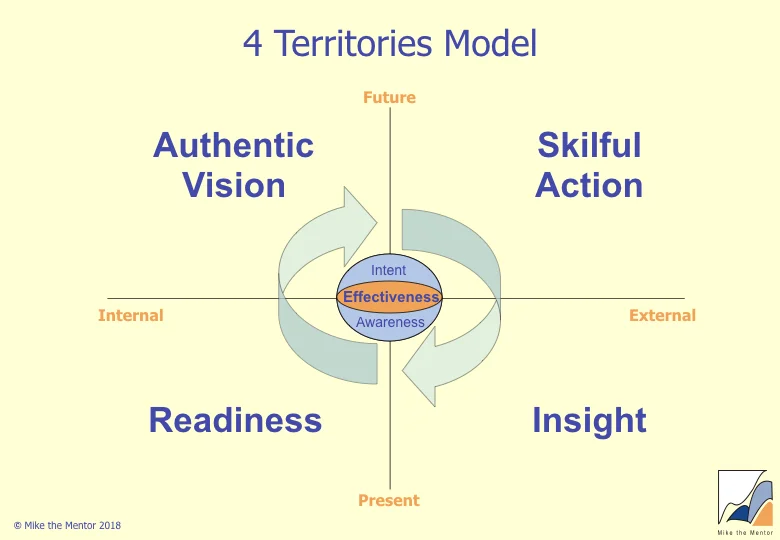Nelson Mandela's Journey
/Becoming a great leader involves more than developing skills and achieving positions of influence. At heart it involves a developmental journey, one that takes time and which often involves overcoming considerable adversity. The journey is characterised an expanding sense of identity - from "me", to "us", to "all of us". (See Vertical Development for a map of this journey.)
Nelson Mandela has written eloquently of his leadership journey in his extraordinary book Long Walk To Freedom:
"At first, as a student, I wanted freedom only for myself, the transitory freedoms of being able to stay out at night, read what I pleased and go where I chose. Later, as a young man in Johannesburg, I yearned for the basic and honourable freedoms of achieving my potential, of earning my keep, of marrying and having a family - the freedom not to be obstructed in a lawful life.
But then I slowly saw that not only was I not free, but my brothers and sisters were not free [...] and that is when the hunger for my own freedom became the greater hunger for the freedom of my people. It was this desire for the freedom of my people to live their lives with dignity and self-respect that animated my life, that transformed a frightened young man into a bold one, that drove a law-abiding attorney to become a criminal, that turned a family-loving husband into a man without a home, that forced a life-loving man to live like a monk. [...] It was during those long and lonely years that my hunger for the freedom of my own people became a hunger for the freedom of all people, white and black. [...]
I have walked that long road to freedom. I have tried not to falter; I have made missteps along the way. But I have discovered the secret that after climbing a great hill, one only finds that there are many more hills to climb. I have taken a moment here to rest, to steal a view of the glorious vista that surrounds me, to look back on the distance I have come. But I can rest only for a moment, for with freedom come responsibilities, and I dare not linger, for my long walk is not yet ended." (pp750-1)


